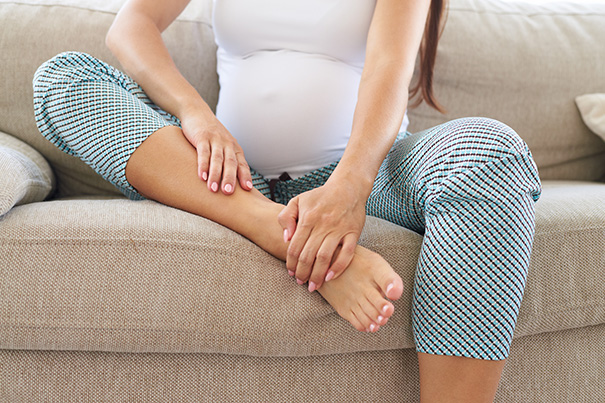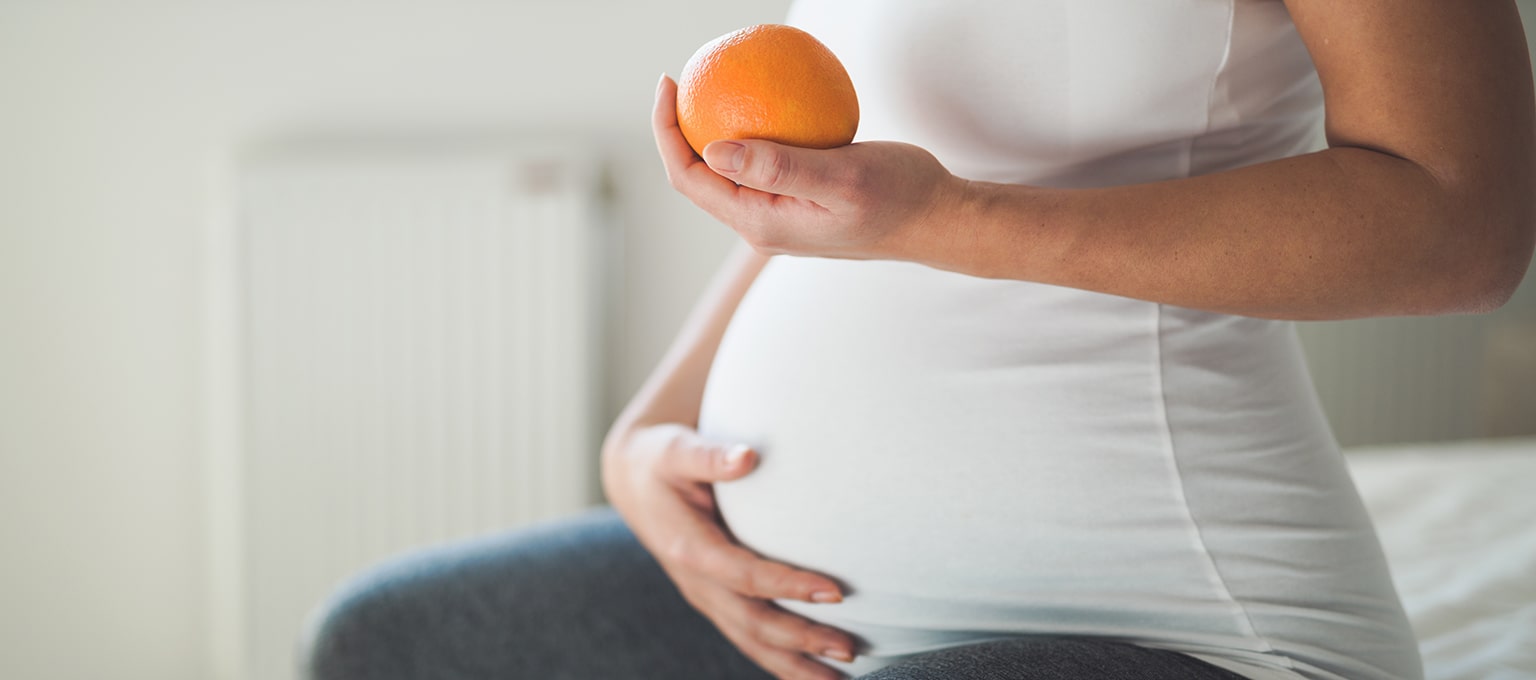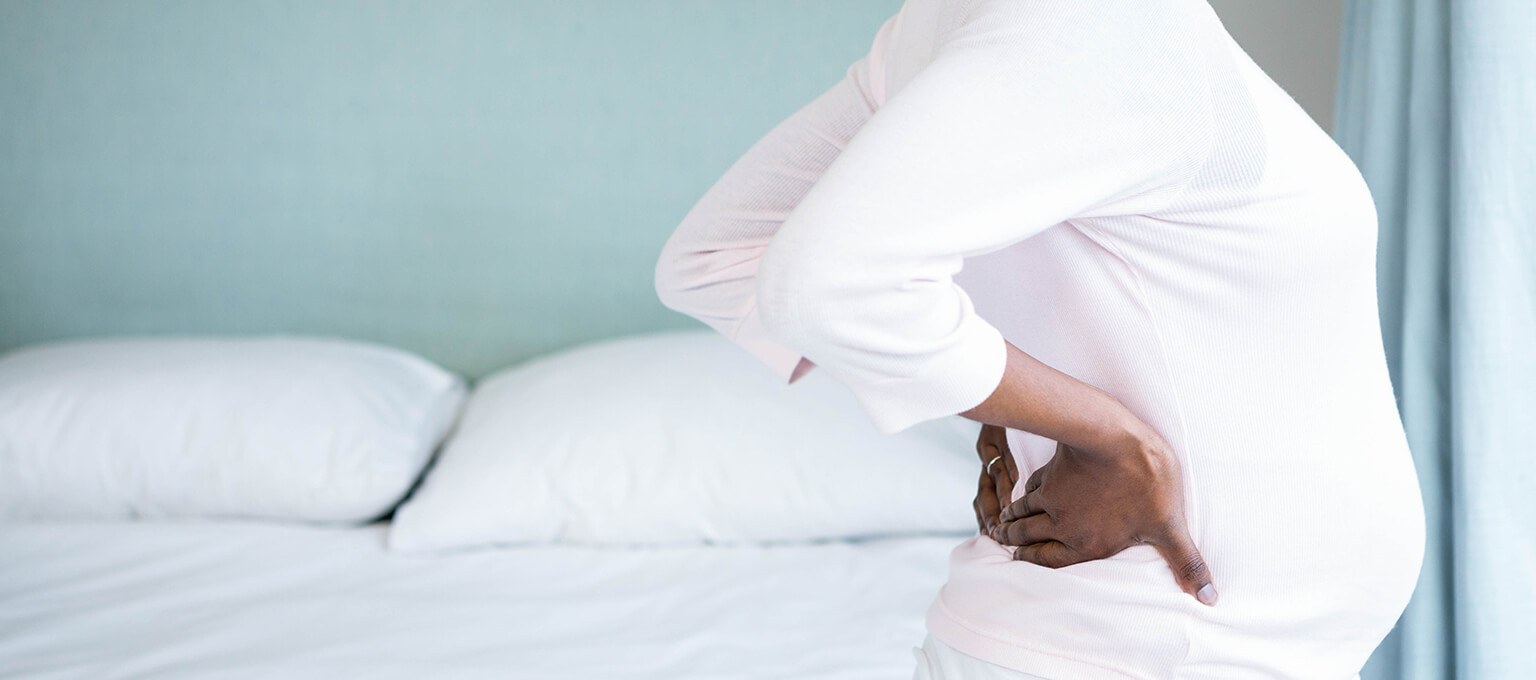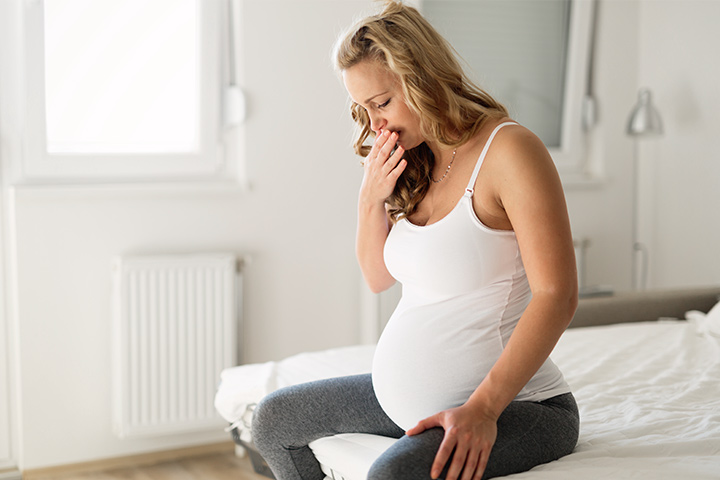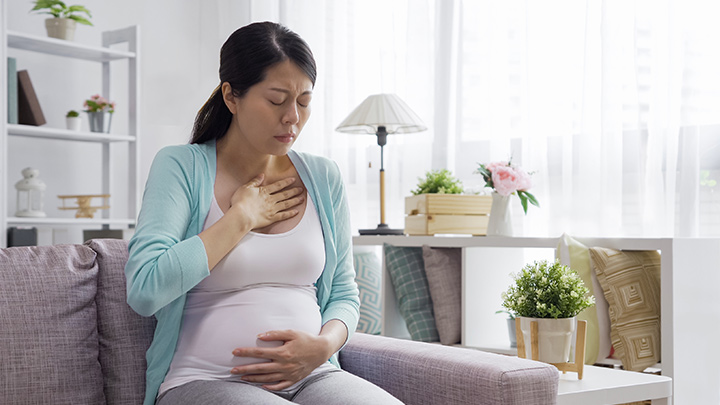
Swollen Feet During Pregnancy: Causes, Relief, and When to Worry
If your shoes feel tighter or your ankles seem to disappear by the end of the day, you're not alone. Puffy hands and feet during pregnancy, along with swollen calves, are common symptoms, especially as your body holds on to more fluid in the second and third trimesters.
This type of swelling, known as edema in the feet during pregnancy, may be uncomfortable but is usually harmless. And the good news? There are a few simple things you can do to feel better today.
Quick relief tips for swelling:
In this guide, you’ll find what causes swelling, how to manage it at home, and when to check in with your provider—especially if swelling seems sudden, severe, or paired with other symptoms.
Why do Feet Swell During Pregnancy?
You might notice that your feet start to look puffier during your pregnancy, and this can continue well into the later stages. But why do feet swell during pregnancy? As your uterus grows, it can put extra pressure on the blood vessels that carry blood from the lower part of your body back to your heart.
What causes swelling in the feet during pregnancy isn’t just circulation changes. Your body also produces more blood and fluids to support your growing baby, which adds to the puffiness, causing your swollen legs, ankles, and feet during your pregnancy. The medical term for swelling caused by fluid retention is edema.
Hormones can also play a role in the feet growing in size. The hormone relaxin, which is responsible for loosening the pelvic joints to make delivery possible, also loosens the ligaments of your feet. This results in the bones of your feet spreading, which is just another symptom you might experience along with pregnancy aches and pains.
Weight gain during pregnancy is another contributing factor. More body weight means more pressure on your legs and feet, which can also make swelling more noticeable.
Are Swollen Feet a Sign of Preeclampsia?
Swelling is common in pregnancy, but sudden or severe swelling—especially in your hands, face, or around your eyes—could be a sign of preeclampsia.
Preeclampsia’s swollen feet in pregnancy is a symptom that usually appears after 20 weeks and may also include high blood pressure, protein in the urine, headaches, or vision changes. Preeclampsia’s swollen feet may even be an early sign before other symptoms appear. If you're concerned about early-stage preeclampsia, swollen feet during pregnancy, consult your healthcare provider promptly.
When do Feet Start Swelling in Pregnancy?
So, when do feet start swelling in pregnancy? For many parents-to-be, it begins in the second trimester, around the 5th month and tends to become more noticeable as the pregnancy progresses.
It usually lines up with the point when your body increases fluid retention and your growing uterus puts more pressure on your veins—both common causes of swelling.
How to Prevent Swollen Feet During Pregnancy
Swelling can be uncomfortable, but there are a few simple steps you can take to help manage it. If you're wondering how to prevent swelling feet during pregnancy, start by making small changes to your daily routine.
These habits can make a big difference if you're wondering how to prevent swollen feet during pregnancy.
Home Remedies to Reduce Swollen Feet During Pregnancy
If you want to know how to reduce swollen feet during pregnancy, there are a few gentle, at-home strategies that might help you feel more comfortable. Always check in with your healthcare provider before making any major changes, but these tips are commonly suggested for managing moderate swelling:
When Should Swelling During Pregnancy Be a Concern?
Swelling is usually a normal part of pregnancy, but there are times when it’s worth checking in with your healthcare provider. So, when should swelling during pregnancy be a concern?
FAQS AT A GLANCE
Put your feet up, avoid standing for long stretches, wear comfortable shoes, drink more water, and limit your sodium and caffeine intake. These small changes can help reduce mild swelling
The Bottom Line
Swollen feet, ankles, and legs are common in pregnancy and usually nothing to worry about. Still, it’s always a good idea to check in with your healthcare provider—especially if the swelling is sudden, severe, or comes with other symptoms. While not always preventable, many parents find that simple changes like resting with your feet up, staying hydrated, and wearing comfortable shoes can make a big difference. These small steps may help reduce swelling and bring some relief.
Yes, puffy feet may be one of pregnancy’s less glamorous symptoms—but it’s temporary. Once your baby is here, your body will gradually adjust, and those swollen feet will likely return to their usual size.
In the meantime, when you have a quiet moment, put your feet up and download the Pampers Rewards app to earn Pampers Cash and access exclusive digital offers on the products you’re already using.
- Cleveland Clinic. "Postpartum Preeclampsia."
- Cleveland Clinic. "Pregnancy: Having a Healthy Pregnancy."
- KidsHealth. "Ankle Swelling."
- March of Dimes. "Common Discomforts of Pregnancy."
- Mayo Clinic. "Edema: Diagnosis & Treatment."
- Mayo Clinic. "Edema: Symptoms & Causes."
- MedlinePlus. "High Blood Pressure in Pregnancy."
Read more about Pregnancy
Join a World of Support
through Pregnancy and Parenthood.
TRACK WITH TOOLS
LEARN WITH EXPERTS
GET REWARDED
